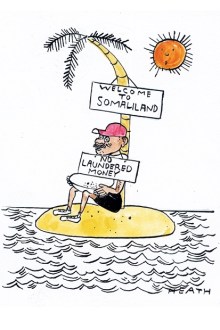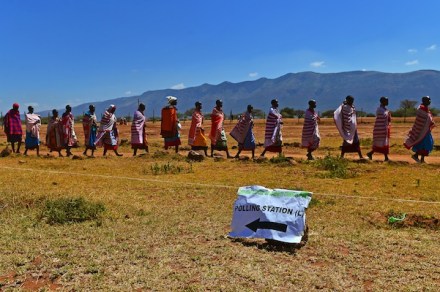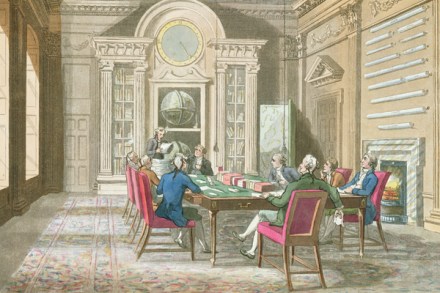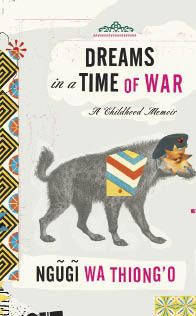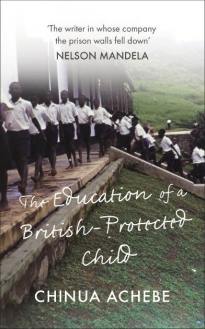Letter from Somaliland
Ayan Mahamoud, one of the organisers of Hargeysa’s International Book Fair, has all the girly vulnerability of a factory-tested steel girder. So it was disconcerting when, having called to the stage the western writers attending in the teeth of strict travel warnings, she burst into tears. ‘I’m sorry. It’s just so hard when the whole
